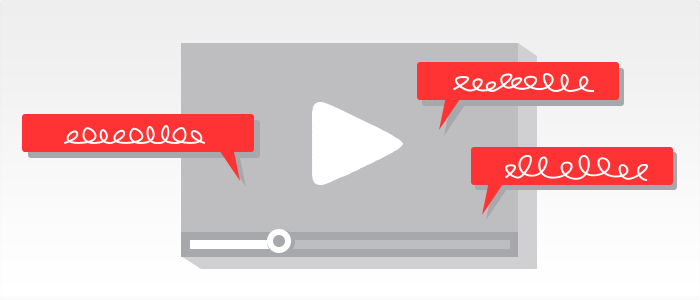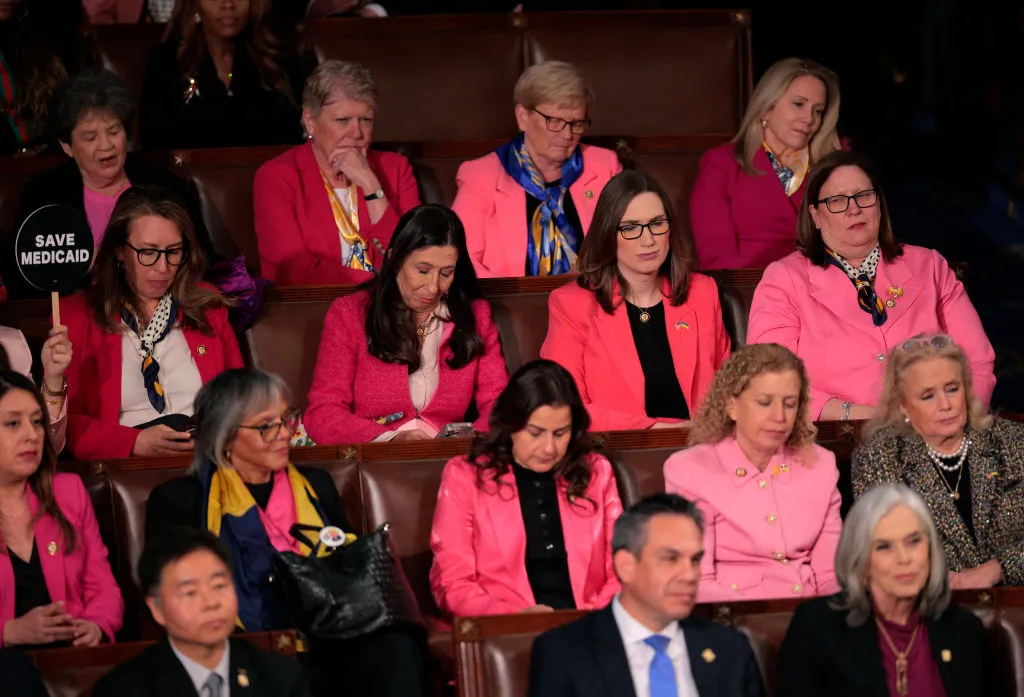YouTube Annotation Removal: A Disservice to Creators
December 17, 2018
Just last month, YouTube announced that the site would be deleting all annotations from user videos.
Annotations are small opaque textboxes reminiscent of pop-up ads that can be layered on top of a video by the uploader and are often utilized by creators for a variety of purposes. For example, if a creator wished to rephrase, correct, or redact a statement in a video, an annotation could be added for clarification. Perhaps, if a creator refers to a particular website or video, an annotation would act as a hyperlink to lead to the aforementioned source.
However, with YouTube’s recent announcement, any remaining annotations on user-created videos will be completely removed, encouraging the use of the relatively-new “end screens” and “cards” that perform similar functions in a less-intrusive, and arguably, more user-friendly manner. Similar in nature to annotations, these new features are indeed limited to particular time frames in a given video, and only allow the inclusion of links to other videos, not allowing their use as text boxes; otherwise, transitioning to “cards” and “end screens”, YouTube claims, should be an easy process. Despite this, the change has garnered both praise and criticism from all sides of the debate.
YouTube product manager Muli Salem cites data to prove that, in an increasingly mobile world, annotations are a thing of the past. Annotations are incompatible with cell phones and tablets, yet “60% of YouTube’s watch time [is] now on mobile”, outlining what they seem to believe is flawless logic behind the change. In the same realm, the site is appealing to the data proving that end screens and cards are interacted with seven times more often than annotations, and are supposedly easier to create, attempting to garner support from creators as well.
Despite the apparent improvements to the previous system, users are divided as to whether or not the change is actually beneficial to those it affects the most: creators. Entertainment websites and casual fans of the site appear to be pleased with the alterations, as they view annotations as simply annoyances that do more harm than good. But, by digging down deeper, it’s clear that YouTube is making a major mistake.
There are various issues with the removal of annotations, most notably the feature they were originally designed for: correcting mistakes in uploaded videos. Any mistakes on educational channels that were once solved by annotations will soon raise issues, and be considered unreliable, even fraudulent. But educational channels aren’t the only ones being affected. Content that requires sources to prove the validity of particular statements will soon be nothing more than wasted pixels. Tutorial videos that rely on annotations to express information, a significant portion of shared content, will be rendered useless. Long videos in excess of 30 minutes that use annotations as a sort of “fast-forward” feature to previous or later portions of the video will now be a chore to enjoy.
These new changes are merely a part of a series of changes to the largest video-sharing website in the world, marketed as positive shifts that will improve the user experience that, in reality, merely change the dynamic of the site as a whole.
Corporations seem to be ruling the stage, and it’s clear that “end screens” and “cards” tailor to media-companies that pump-out multiple videos per day, generating more “clicks” and therefore more ad revenue. In the wake of the famous “Pewdiepie vs. T-Series” battle for the top subscriber count, with an independent Swedish YouTuber with the most subscribers in the world nearly losing the top spot to a major Indian company uploading Bollywood music videos, the prevalence of corporate drama on the site is clearly a significant issue.
In addition, the recent upload of the annual “YouTube Rewind” video, a once-celebrated tradition among YouTubers and fans alike, is now nothing more than a wrap-up of the year’s popular culture, rather than a celebration of the people that truly make the website unique and exciting. YouTube Rewind 2018 has received 2.1 million likes, an impressive feat, but is soon to be the most-disliked video of all time, with 8.8 million dislikes. YouTube’s users are clearly dissatisfied with the nature of the site today, and the removal of annotations is merely salt in the wound.
It seems that YouTube is merely focused on streamlining the user experience, rather than considering the value that annotations possess as a vital tool for creators. And, with plenty of recent controversies involving YouTube’s perception of their avid-users’ true desires, it seems that YouTube is slowly but surely taking the “You” out of “YouTube”.









